
-
Feeling the Rainbow: LGBT Rights and Reforms
Read more: Feeling the Rainbow: LGBT Rights and Reformsby Senthorun Raj Do I feel proud? This was a question I reflected on recently while gathered with several sweaty […]


by Senthorun Raj Do I feel proud? This was a question I reflected on recently while gathered with several sweaty […]
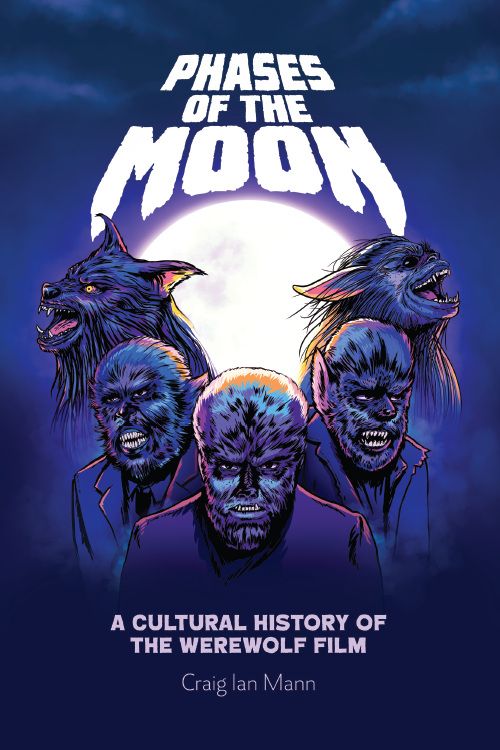
Craig Ian Mann discusses all things werewolf with his pick of5 Lesser-known Werewolf Films to Watch on Halloween.

By Peter Burke The idea that the unintended consequences of human action are often more important – for better and even more often, for worse – than the intended ones is a well-known theme among historians, whether they study politics,…

By Jamil Hijazi, Jessica Obeid and Michel-Ange Medlej Jamil Hijazi and co-authors (Jessica Obeid and Michael-Ange Medlej) navigate the future of the Energy Transition in the Middle East Gulf Economies Post COVID-19 ahead of their upcoming article in the Global…
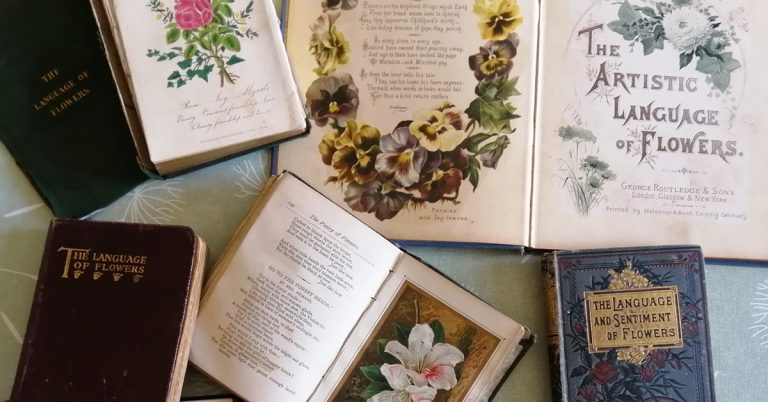
By Jemma Stewart Read Part 1 and Part 2 of this blog series. Rose Roses…have ever reigned as queens of flowers.[i] The rose bloomed in Ancient Egypt, as Jack Goody attests: Above all there was the hundred-petalled rose, which became…
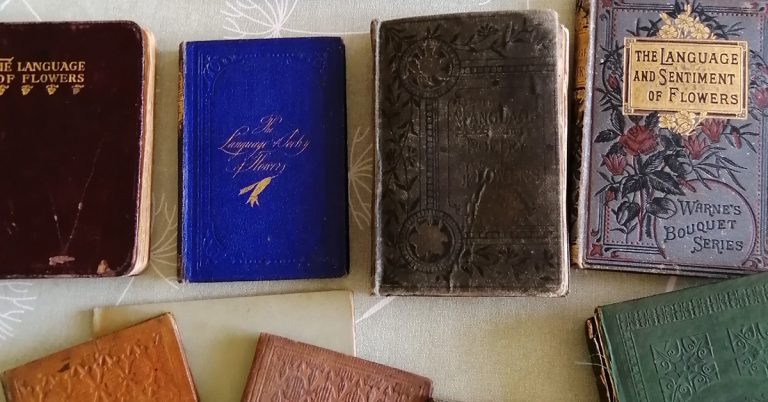
By Jemma Stewart Read Part 1 of this blog series. Lotus And as the voice spoke, a cold hand touched my hand … As the light came back, I gazed upon that which had been left within my hand. It…

By Jemma Stewart H. Rider Haggard’s Gothic Garden In the Gothic Studies articles ‘Blooming Marvel’ and ‘She shook her heavy tresses’, I assess the ways in which floral symbolism (or floriography) in Bram Stoker’s Dracula (1897) and H. Rider Haggard’s…
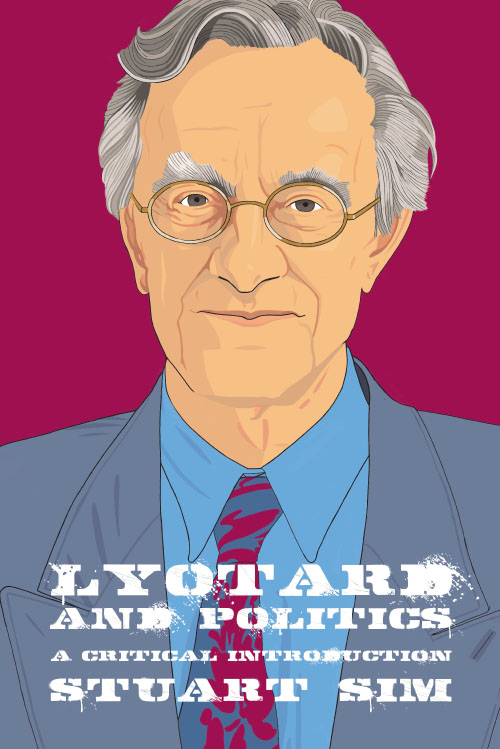
I first encountered Jean-François Lyotard's work in the mid-1980s, after the publication of the English translation of his book The Postmodern Condition. It was a text that created quite a stir in the English-speaking academic world, drawing a lot of both praise and criticism. I was one of those to be critical, as in the first thing I ever wrote about Lyotard, a journal article for Radical Philosophy, where I argued there was a nihilistic quality to his thought.
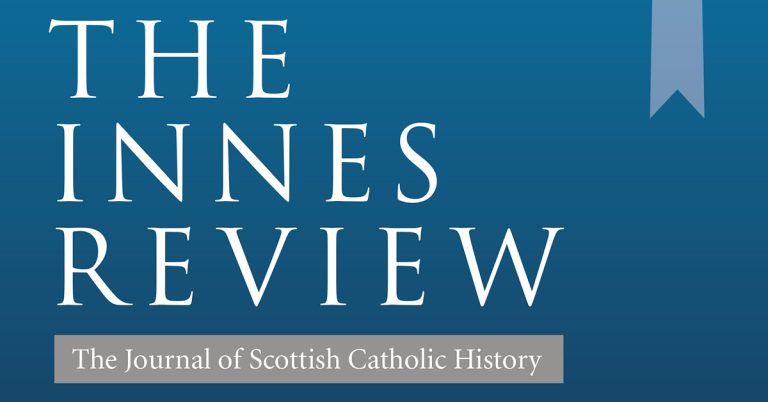
By John Reuben Davies Read the editorial introduction from The Innes Review: 70th Anniversary Virtual Collection, which is free to access on our site and contains over 40 free articles spanning 70 years of the The Innes Review‘s history. The…

When I first started my research on propaganda and culture in Iraq under Saddam Hussein, the study of propaganda was considered rather dated, or was relegated to the study of European fascism, Stalinism or dictatorships in post-colonial nation states. Even…